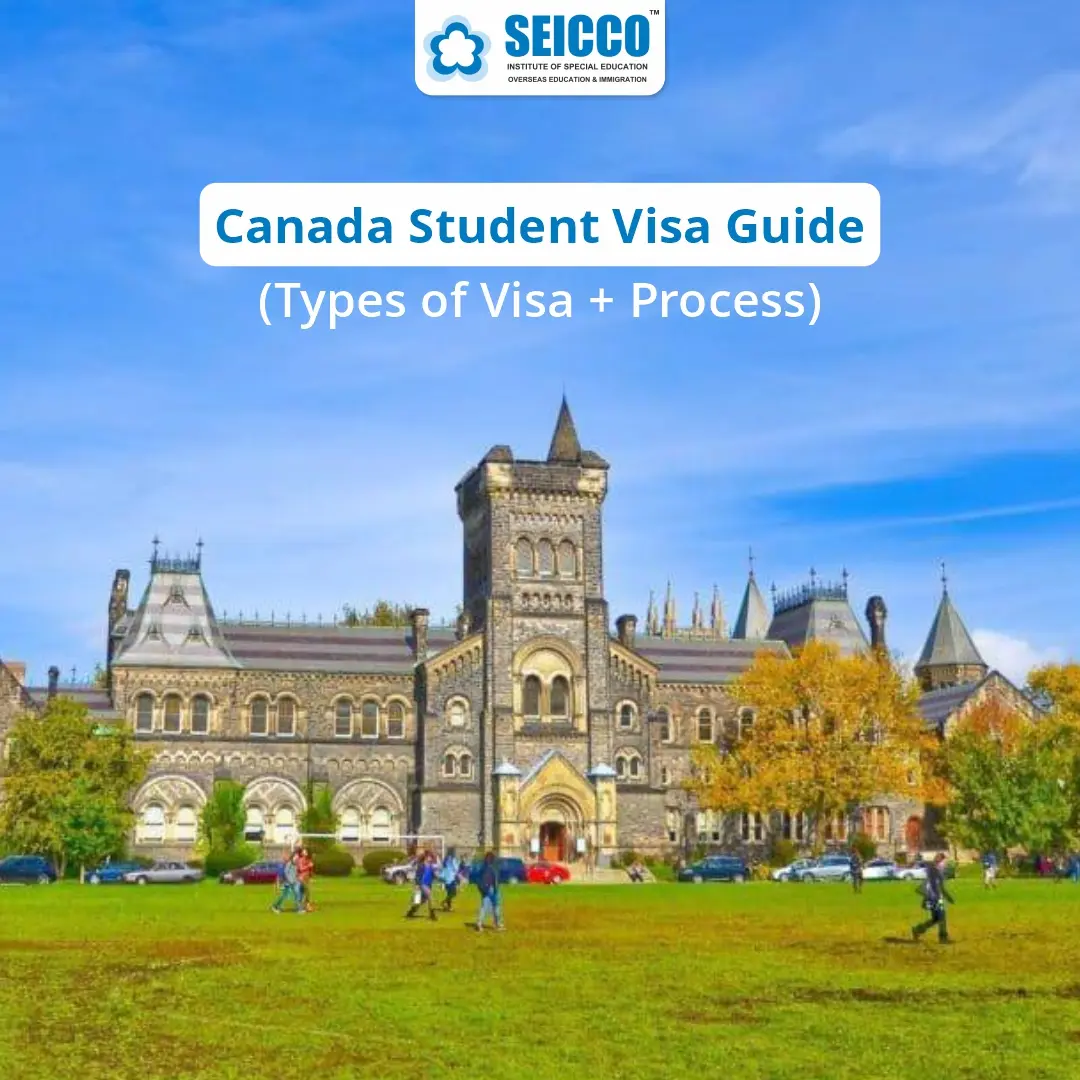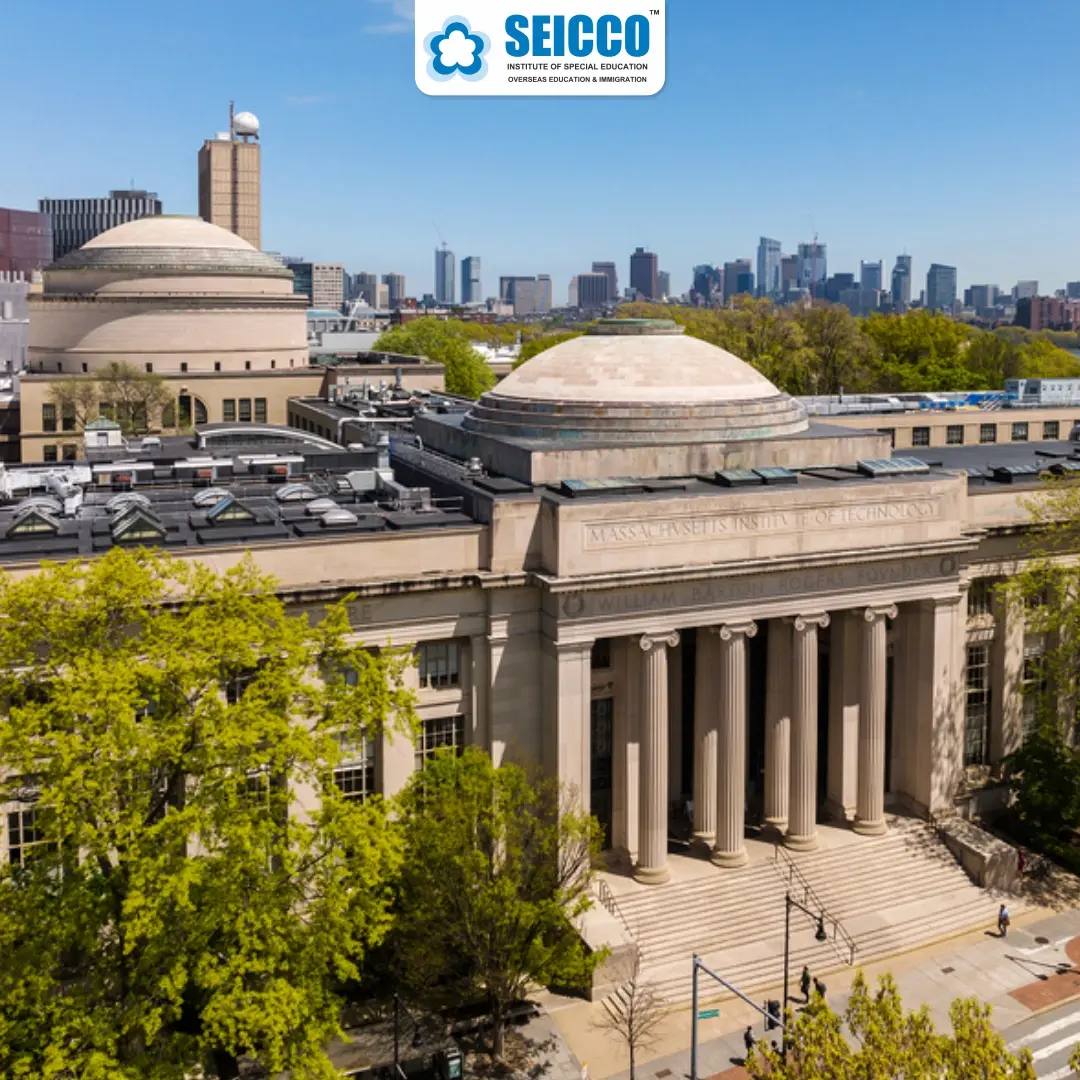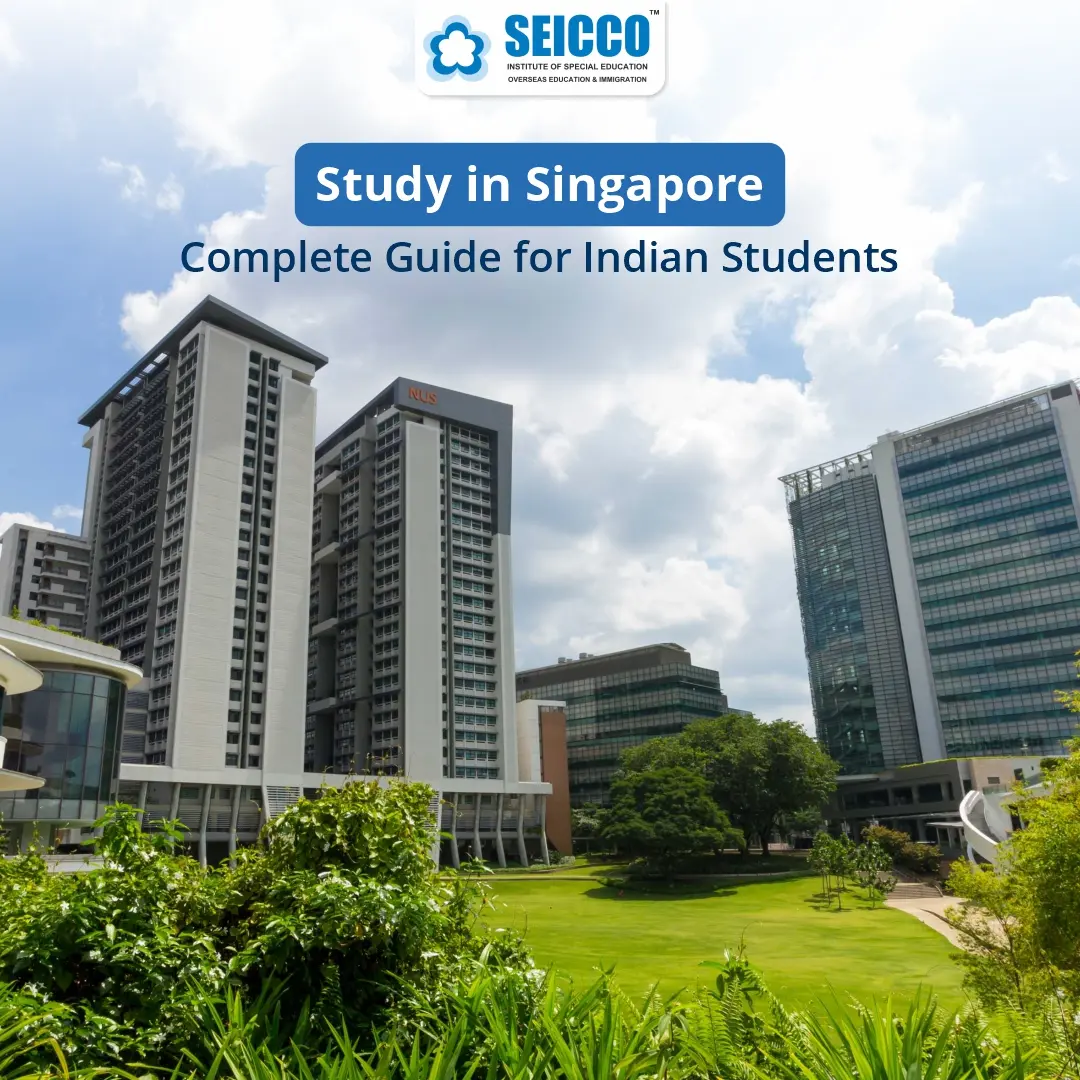Canada has emerged as one of the most preferred destinations for Indian students seeking world-class education and global opportunities. With its excellent universities, multicultural environment, and strong career prospects, Canada attracts over 300,000 international students each year — and Indians make up the second-largest group among them.
However, before you can begin your academic journey in Canada, obtaining the right student visa (Study Permit) is essential. This guide explains the types of Canadian student visas, the application process, eligibility requirements, and tips for success — tailored specifically for Indian students.
1. Types of Student Visas in Canada
Technically, Canada does not issue a “student visa” in the traditional sense. Instead, Indian students apply for a Study Permit, which allows them to study at a Designated Learning Institution (DLI). Along with the Study Permit, you are also issued either a Visitor Visa or an Electronic Travel Authorization (eTA) to enter the country.
Here are the main options available for Indian students:
A. Regular Study Permit
- Issued to international students accepted by a Canadian DLI.
- Allows full-time study for the duration of your course.
- Enables part-time work (up to 20 hours per week during semesters and 40 hours during breaks).
B. Student Direct Stream (SDS) Permit
- A fast-track option available to students from India, China, the Philippines, and a few other countries.
- Processing time: usually 20 calendar days (if documents are complete).
- Requires upfront proof of funds, Guaranteed Investment Certificate (GIC), and proof of English proficiency (IELTS 6.0 or higher in each skill).
C. Quebec Acceptance Certificate (CAQ)
- If you plan to study in Quebec, you must obtain a CAQ in addition to the Study Permit.
- The CAQ is issued by the Quebec government before applying for a federal Study Permit.
2. Eligibility Requirements for Indian Students
To apply for a Canadian Study Permit, you must meet the following conditions:
- Letter of Acceptance from a DLI in Canada.
- Proof of Funds: You must show sufficient financial capacity to cover tuition fees and living expenses. For 2025, this is:
- Tuition fees (varies by university)
- Living costs: CAD 20,635/year (approx. ₹12.5 lakh) for students outside Quebec; CAD 15,078/year (approx. ₹9.2 lakh) if studying in Quebec.
- Tuition fees (varies by university)
- Clean Background: No criminal record, with police clearance certificate if required.
- Medical Exam: Proof of good health through an Immigration Medical Exam (IME).
- English Proficiency: IELTS/TOEFL/PTE results (for SDS, IELTS is mandatory).
3. Step-by-Step Process to Apply for a Canada Student Visa
Step 1: Receive Your Letter of Acceptance
Apply to a Designated Learning Institution and obtain an official acceptance letter. Without this, you cannot apply for a Study Permit.
Step 2: Gather Required Documents
You will need:
- Valid passport
- Passport-size photographs
- Acceptance letter from DLI
- Proof of funds (bank statements, education loan, GIC for SDS)
- Academic transcripts and certificates
- IELTS/TOEFL/PTE scorecard
- Medical exam report
- Statement of Purpose (SOP) explaining study goals and intent
- Police clearance certificate (if asked)
Step 3: Apply Online
- Create an account on the IRCC (Immigration, Refugees and Citizenship Canada) website.
- Fill out the application form and upload documents.
- Pay the visa fee (CAD 150 = approx. ₹9,000) and biometric fee (CAD 85 = approx. ₹5,100).
Step 4: Submit Biometrics
Visit a Visa Application Centre (VAC) in India to provide fingerprints and photographs.
Step 5: Attend a Visa Interview (if required)
Some applicants may be asked to attend an interview at the Canadian consulate or embassy.
Step 6: Wait for Processing
- Regular Study Permit: Processing time is usually 8–12 weeks.
- SDS route: Processing time is 20 days.
Step 7: Receive Your Study Permit
Once approved, you will receive a Port of Entry (POE) Letter of Introduction and, if required, an eTA or Visitor Visa. Your actual Study Permit will be issued when you arrive in Canada.
4. Financial Proof and GIC Requirement
For SDS applicants, you must purchase a Guaranteed Investment Certificate (GIC) of at least CAD 10,000 (₹6.1 lakh) from a Canadian bank such as Scotiabank, ICICI Bank Canada, or CIBC.
This GIC ensures that students have sufficient funds for the first year of living expenses in Canada. The amount is released in monthly or quarterly installments after arrival.
5. Working as a Student in Canada
One of the biggest advantages of studying in Canada is the ability to work part-time:
- During semesters: Up to 20 hours per week.
- During breaks: Up to 40 hours per week.
- On-campus jobs: Available without separate work permits.
- Co-op/Internships: Some courses require co-op work permits for placements.
On average, Indian students earn CAD 13–20/hour (₹800–₹1,200/hour), helping offset living expenses.
6. Post-Graduation Opportunities
After completing your studies, you can apply for a Post-Graduation Work Permit (PGWP), which allows you to work in Canada for up to 3 years, depending on your course duration. This is often the first step toward permanent residency (PR).
7. Common Reasons for Visa Rejection
Visa rejections can be disheartening. The most common reasons include:
- Insufficient proof of funds.
- Weak Statement of Purpose (SOP).
- Inconsistent academic history.
- Failure to show intent to return after studies.
Tip: A well-prepared application with strong documentation significantly improves approval chances.
Quick FAQs
1. How much money do Indian students need to show for a Canada student visa?
At least CAD 20,635/year (₹12.5 lakh) plus tuition fees for living expenses outside Quebec.
2. What is the difference between SDS and Regular Study Permit?
The SDS is faster (20 days) and requires upfront GIC and IELTS scores, while the Regular Study Permit takes longer.
3. Can Indian students work while studying in Canada?
Yes, up to 20 hours per week during semesters and 40 hours/week during breaks.
4. What is the visa fee for Indian students?
The Study Permit fee is CAD 150 (₹9,000), plus CAD 85 (₹5,100) for biometrics.
5. Can I stay in Canada after graduation?
Yes, by applying for a Post-Graduation Work Permit (PGWP), which can be valid for up to 3 years.
Conclusion
Canada offers not just high-quality education but also affordable student visa pathways for Indian students through the Study Permit and the Student Direct Stream (SDS). By preparing documents carefully, arranging financial proof in advance, and applying on time, Indian students can significantly improve their chances of a smooth visa approval.
For those planning to study abroad, understanding the Canada student visa process is the first step toward building a successful academic and professional journey in one of the world’s most student-friendly countries.







